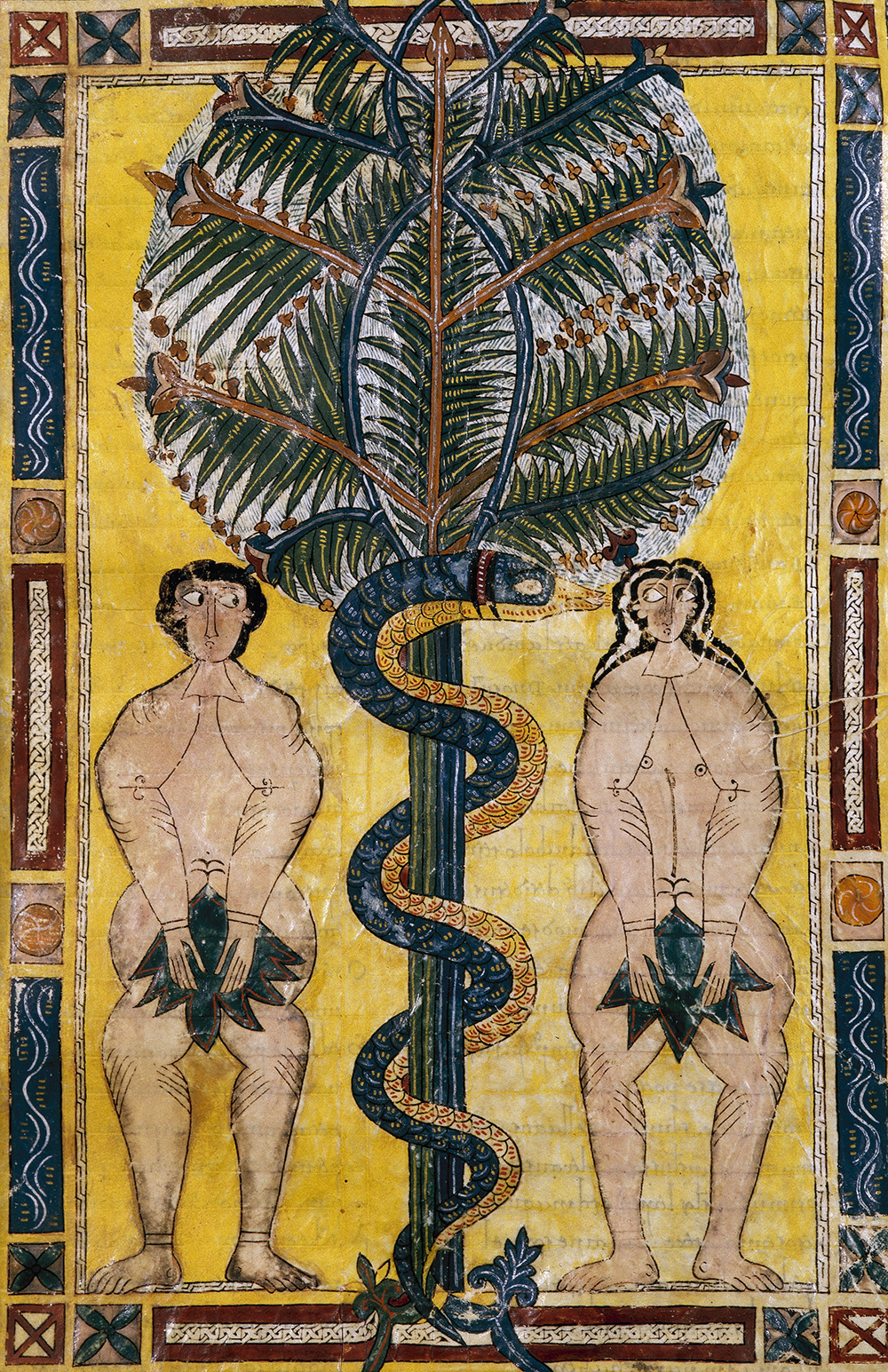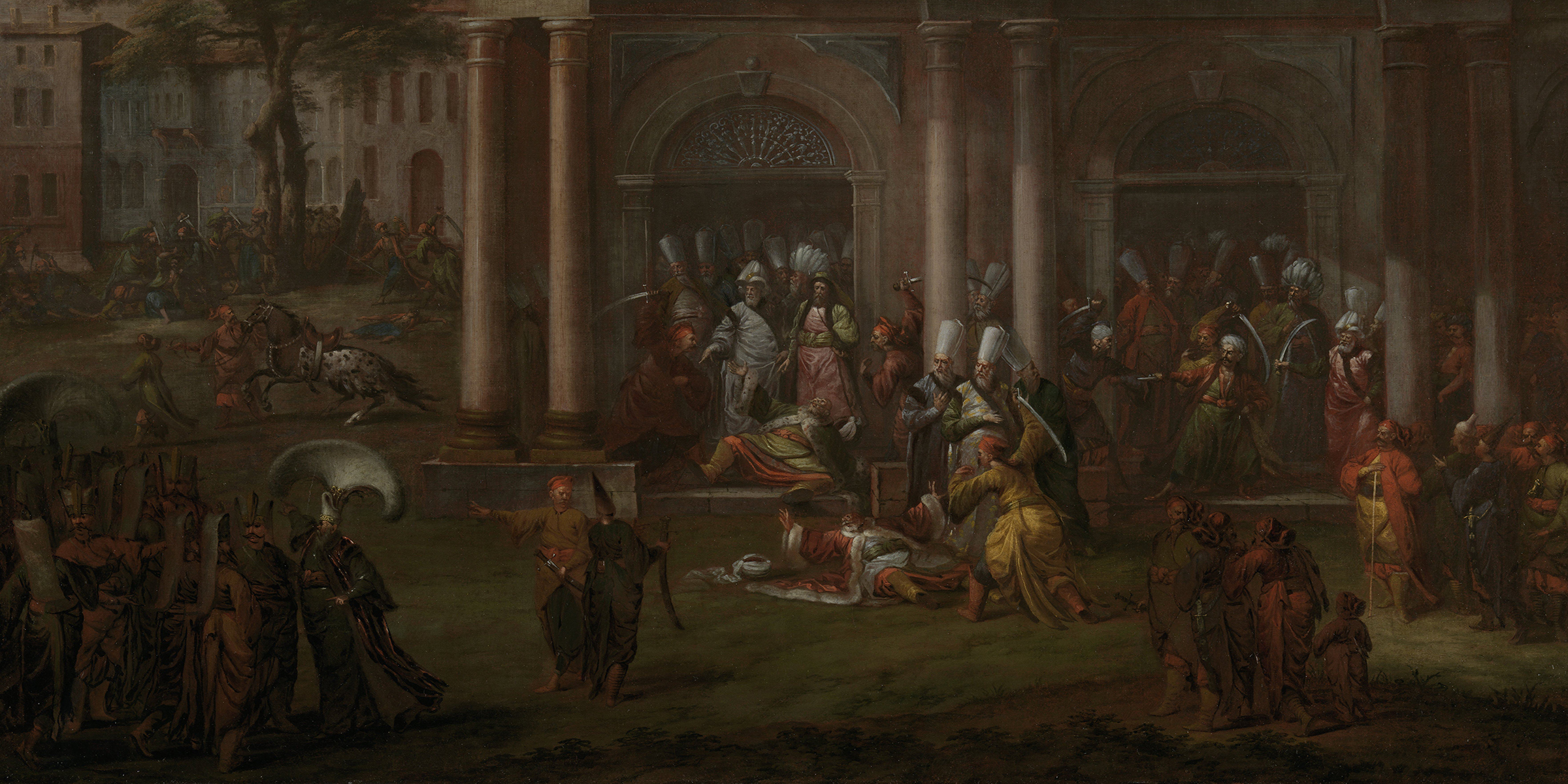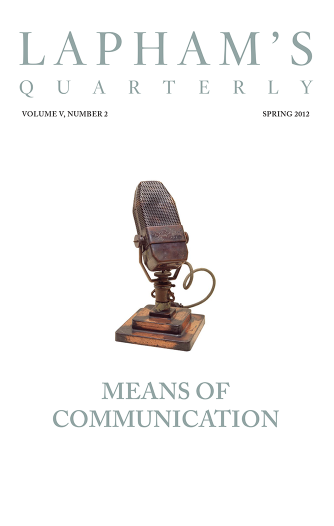I find the pain of a little censure, even when it is unfounded, is more acute than the pleasure of much praise.
—Thomas Jefferson, 1789Patriot Act
Rose Allatini navigates the home front.
“And do you mean to tell me,” Mrs. Ryan said severely, “that Dennis is appealing for exemption again?”
Mrs. Blackwood looked troubled. “You see, the local tribunal passed him for general service, so he’s appealing against that at the House of Commons.”
“I should have thought that being refused once would have brought him to his senses,” persisted Mrs. Ryan. Mrs. Blackwood glanced helplessly across at Antoinette.
In answer to her look, Antoinette rose in his defense. “Naturally, he’s appealing again. The local tribunal scarcely listened to what he had to say.”
“I should think not,” snorted Mrs. Ryan.
“But surely the object of a tribunal is to listen to what people have to say?”
Momentarily routed, Mrs. Ryan occupied herself with the sleeve of the pajama she was sewing. All the ladies present were either sewing or knitting, and Doreen was busy with the tea. Antoinette found it both amusing and stimulating to be championing Dennis’ views in his own home circle. Mrs. Blackwood was too worried and also a little shamefaced before her visitors to do much in the championing line; and Doreen apparently shared this attitude. It therefore devolved upon Antoinette alone to defend the conscientious objector against these female militarists—Mrs. Ryan and Mrs. Hallard the most rabid ones, Mrs. Griggs merely woolly and futile, little Miss Simpkins torn between admiration of “our gallant boys” and a reluctant admiration for Dennis.

Adam and Eve tempted by the serpent, detail of a miniature from a tenth-century edition of Beatus of Liébana’s Commentary on the Apocalypse. © Album / Art Resource, NY.
Mrs. Ryan returned to the offensive. “I suppose if he appeals long enough, he will get himself put into that Non-Combatant Corps. A shame, I call it, for a healthy young man.”
“Oh, he wouldn’t dream of accepting Non-Com,” Antoinette replied loftily. “That’s only a compromise.”
Mrs. Hallard, biting off the end of her cotton, said with brisk cheerfulness, “Well, there’s always Work of National Importance for him to undertake if he won’t fight. Plenty of that going, isn’t there?”
“Dennis won’t undertake anything that means releasing another man to be killed in his place,” said Antoinette, and Mrs. Blackwood supported her weakly with: “You see, Dennis is a Socialist.”
“One of those horrid people who wear red ties and are always having riots,” quavered Mrs. Griggs.
“Dennis doesn’t wear a red tie!” declared his mother.
“As he doesn’t believe in war himself, he won’t help others to wage it,” Antoinette ignored the asides.
“So selfish,” murmured Mrs. Griggs.
“He might at least make munitions,” was Mrs. Hallard’s next bright suggestion.
“Isn’t that helping to kill people, just as much as going to the front? It’s doing it at home in comfort, instead of out there in danger.”
“But—but the Germans have got to be killed,” expostulated Mrs. Ryan. “How else are we to win the war?”
Antoinette plunged around for some of the remembered arguments. “Pacifists don’t see why we should win it any more than the Germans. They think a decisive victory for either side wouldn’t mean lasting peace, but would only be the foundation for future wars. Nothing will move Dennis from that belief!” she added proudly.
“It’s quite a wrongheaded belief, and someone ought to talk it out of him,” said Mrs. Ryan. “I hope you’ve used all your influence, Mrs. Blackwood!”
“Oh, I can’t argue with him,” the mother shook her head. “His brains are so much better than mine…and, of course, he must do as he thinks right.”
“But do you realize that if he persists in upholding such nonsense, he runs the risk of being put in prison?”
Mrs. Blackwood did realize. To anyone observing under her eyes the dark hollows that told of many sleepless nights, the fact would have been obvious.
“Think of the disgrace!” said Mrs. Ryan in sepulchral tones.
“Yes, the disgrace that a man should be put in prison for standing by his convictions!” Antoinette blazed out.
Mrs. Ryan glared at her. “Well, really…these people are put in prison for being cowards, and quite right, too.”
“And she won’t be budged from her opinion any more than Dennis will be from his,” reflected Antoinette. It suddenly made her feel tired to think of the perpetual clash and battle of opposing belief and opposing opinion going on all over the world now—and no party ever coming around to see the point of view of the other.
Later on Lily Hallard made her appearance. Hands plunged deep in the pockets of her khaki coat, she greeted the assembled company with: “Afternoon, everybody!” and helping herself to the sandwiches, sat down between her mother and Doreen. “I’ve had a letter from Clive, so I thought I’d better toddle around with it at once and show you. Says he’s feeling awfully fit. Killed three Huns all on his own—sniped ’em. Good man!”
“Oh, well done, well done!” cried Mrs. Hallard. “That ought to mean a decoration of some sort.”
“Well, if he gets it or not, he’ll have deserved it. Your boy has given you something to be proud of, Mrs. Blackwood.”
“Yes—yes, indeed…” But Mrs. Blackwood’s mind was troubled by an echo of something her other boy had once said to her: “Do you think because they’re Germans, they love their sons less?”
“Oh, by the way,” Lily continued with her mouth full, “Tom Sanderson’s been rather badly smashed up. I met his mother this morning. They had to amputate both legs—the one only as far as the knee, though. They say he’s wonderfully cheerful—learning to knit and make himself useful with his hands, now he’ll never be able to ride or walk again. I won’t tell Clive when I write; he’d be so cut up. He’s awfully fond of Tom. Rotten shame, isn’t it?”
“The brutes!” exclaimed Mrs. Ryan.
Those who had maimed Tom were brutes; but Clive, who had sniped three of the enemy, was a hero. And to the other side Clive was the brute, and Tom’s assailants were heroes. Antoinette marveled that the one-sided absurdity of it all should be apparent to no one save herself. But she recognized that it would not even have been apparent to her were she not seeing the world through Dennis’ eyes. And had he been a soldier, she would have collected his badges and buttons and listened to his stories from the front with just as much zest as Doreen or Lily. But while she utterly lacked convictions of her own, there was a certain pride in taking up the attitude which she knew would have been his if he had been here.

The Murder of Patrona Halil and His Fellow Rebels, by Jean Baptiste Vanmour, c. 1730. Rijksmuseum.
After the sewing party had broken up, Lily, Antoinette, and Doreen sat talking in the bedroom. Doreen appealed to Antoinette: “Can’t you do anything to make Dennis give up his dreadful ideas?”
“Why should I, Doreen? Surely every man has a right to his opinions, and I think it’s splendid of Dennis to stand by his, as he’s doing.”
“Splendid!” cried Lily. “Sheer theatricality, I call it. They should never have had the chance of making such an exhibition of themselves. I’d shoot ’em all if I had my way.”
“When so many are being shot already—and some are shooting themselves for fear of being shot—and some are shooting themselves rather than shoot others?”
“Oh, I like your so-called humanitarian who is so squeamish that he won’t take the lives of his country’s enemies, and yet doesn’t scruple to take his own, rather than let it be of service to the state.”
“Rather than use it for a purpose which he considers vile!” Antoinette broke in. “There’s some heroism in that, too, even if there isn’t in the suicide of the person who’s just afraid. That’s only pitiful…” she added softly.
“Why concern yourself with such riffraff? The COs and all their like are just a lot of contemptible weaklings.”
“You’re not very complimentary to your future brother-in-law, are you?”
“Doreen knows well enough what I think of Dennis’ behavior; there is no need for compliments. People of his sort are no good to the nation. Cut ’em out, I say!”
“You can’t call a man who’s ready to go to prison for his convictions a weakling or a coward.”
“Prison’s safe. What’s prison compared with the trenches?”
“They do queer things to the COs in prison—forcing food through tubes up their noses if they won’t eat, putting them in chains and painful irons—yes, you shall listen, Doreen…The officials have more or less got a free hand with them, and backed up by public opinion, they can wreak their spite upon them as they please, giving them ghastly punishments that may injure them for life.”
Lily shrugged her shoulders. “If a man disobeys orders, he’s got to be punished. The men in the trenches run other risks—real risks.”
“The men in the trenches also stand a sporting chance of escape. Those in prison don’t. They have to undergo deliberate, cold-blooded torture. It—it’s like atrocities!”
Lily snorted. “Well, it would be a nice thing if these precious pacifists of yours were allowed to run loose and enjoy themselves while all the really decent people have to suffer.”
“No, you’d like to see them punished just for having ideas that are different from other people’s. You rampant militarists at home can’t endure the thought of any joy or freedom being left in the world. You seem to take a ghoulish pleasure in crushing it all out. It galls you to think of anyone escaping with a lesser share of the general misery.”
“Frankly, I don’t see why the COs should escape. Why should men enjoy the freedom and the rights of citizenship that they won’t fight for?”
“They’re not given their rights of citizenship as a free gift or a charity; they pay for them in rates and taxes: that’s fair. But why should they also be expected to pay in flesh and blood?”
“You’ve a very lofty idea of patriotism, I must say!”
In the country gossip is a pastime; in the city it is a warfare.
—W.M.L. Jay, 1870“I hate all the talk about ‘a man’s duty to the state.’ Why should the state have the right to claim a man’s life when it can’t give him life—when it can’t give him back as much as a fingernail that he may lose in the war? Why has the state the right to take more than it can give?”
“You’re mad,” said Lily; and having thus clinched the argument, departed.
Doreen sighed. “Dennis can’t stop the war by keeping out of it, so I do wish he’d join in like everybody else and help to win it.”
“Of course one man can’t stop the war by standing out, any more than one man by joining in can win it. Each man can only answer for himself and do what he thinks right.”
Doreen cried impulsively, “I love you for sticking up for Denny like that, but only because I love him, too—not because I think he’s right. I think it’s right to do what Hugh’s doing, even though I sometimes feel I just can’t bear it a second longer—the waiting for news—and knowing he’s in danger always—and hating the sight of a telegraph boy.”
“Yet you wouldn’t want him not to be at the front, would you?”
Doreen shook her head.
“And I don’t want Dennis not to stand by his views, either.”
“Oh, that’s different,” said Doreen childishly.
Antoinette smiled. “Is it? And supposing Hugh had been a pacifist, Doreen?”
“Oh, he never could have been…but if he had,” Doreen softened, “if he had, I suppose I should have tried to find excuses for him.” She added after a moment, “But how I should have hated having to!”
Rose Allatini
From Despised and Rejected. The author of nearly forty novels under various pseudonyms, Allatini is best known for this 1918 work, published under the name A.T. Fitzroy. Although its sympathetic portrayal of gay and lesbian characters was considered taboo at the time, it was the novel’s pacifist views that ultimately led to its prosecution. Under the Defence of the Realm Act, the book was banned in the UK, unsold copies were destroyed, and its publisher, the pacifist Charles William Daniel, was fined “for making statements…likely to prejudice the recruiting, training, and discipline of persons in His Majesty’s forces.”
